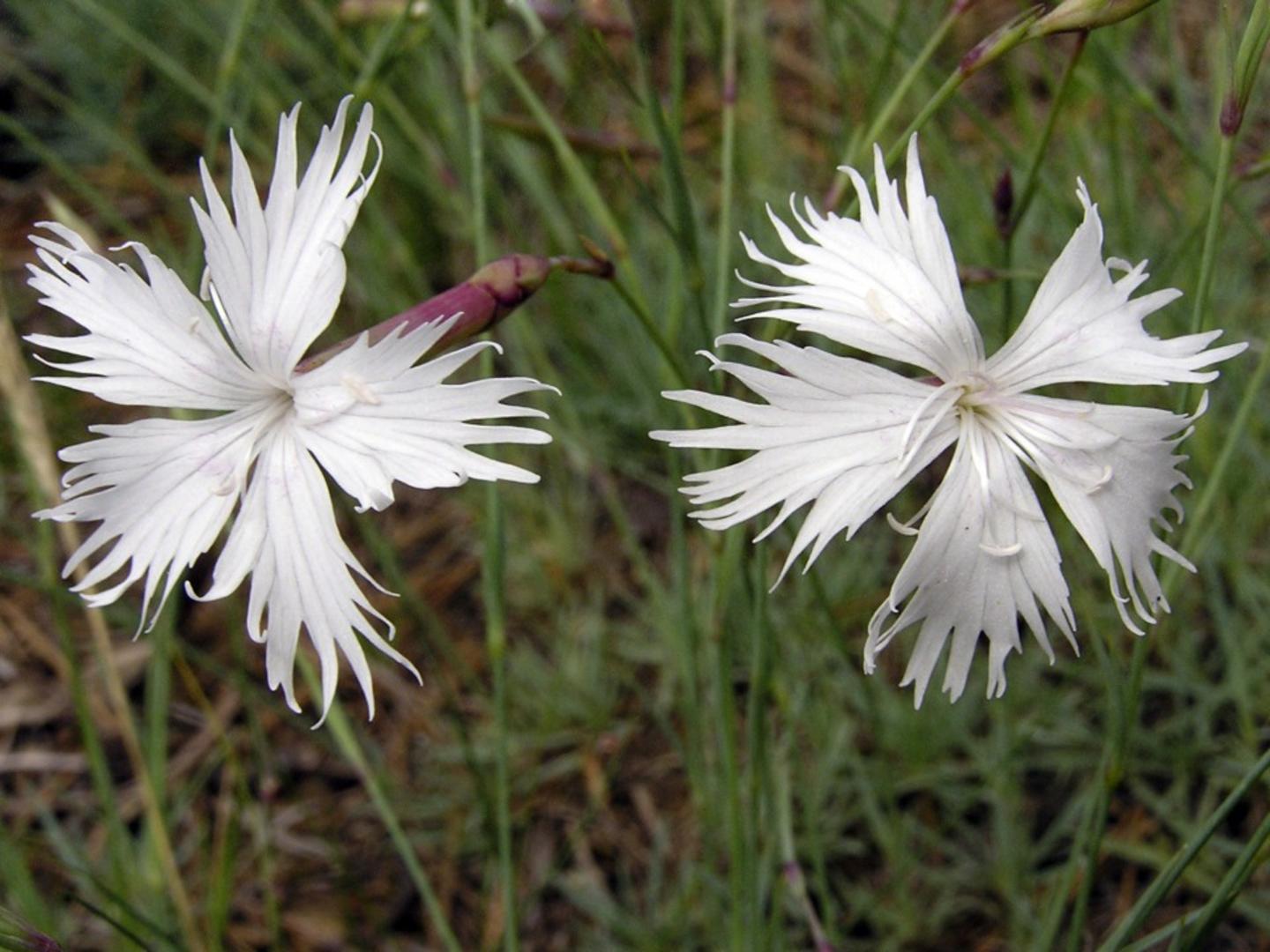To counter this, the Faculty of Rural Development at the Norwegian University College for Agriculture and Rural Development (HLB) and the Environment Centre of Charles University in Prague (CUEC) are jointly developing a course specifically designed to drive local rural innovation.
The ‘Community Entrepreneurship Training for Innovation’ course supported by Norway will provide development insights and tools to enable local people to develop their entrepreneurial skills. The course will take place at the Cesky Krumlov Castle in rural South Bohemia, whose museum itself was restored with support from the EEA Grants and Norway Grants in 2008.
Creativity and self-empowerment
Czech and Norwegian specialists will provide participants with a solid foundation for developing and engaging in innovative businesses and finding creative solutions. As the course is open to local government, masters’ students, and rural entrepreneurs, it will improve entrepreneurial know-how and cooperation across multiple sectors of society. The course will focus on lateral thinking, creativity and self-empowerment and offer concrete models for identifying and developing resources. This includes the ‘Asset-based Rural Development’ model which emphasises identifying and using intangible assets such as local knowledge and existing networks. “We will also include new ways of looking at the relationship between public good and private goods and how they interact, as well as the seed model which enables entrepreneurs to concentrate on core development in order to assure its sustainability,” says Dlouhý.
The first step
CUEC, founded as a part of Charles University in 1992, conducts environmental research and provides expertise on sustainable development and environmental economics. Founded in 2005, HLB is a new and innovative institution offering a range of programmes in innovation and rural development. The project is the first HLB-CUEC cooperation in the field of rural development but the project partners hope for it to be the beginning of something larger. “Our goal is to establish a long term relationship in order to create more projects initiating effective rural planning and development,” says Dlouhý.
Enabling knowledge exchange
Dlouhý notes that the exchange of international knowledge is essential for the progressive development of any field of study. However, faced with limited financial resources, universites often do not have the means necessary to move beyond standard curriculum activities. “The financial support from the Norway Grants will not only help deliver this international project – in the broader context it will also help decrease the social and economic disparities of Czech rural areas,“ he says.
About the project
The project is one of the recently approved projects from the first call for proposals under the Scholarship programme in the Czech Republic.
Norway provides €39 200 to this project.
Read more about the Scholarship programme in the Czech Republic
Read more about the EEA and Norway Grants to the Czech Republic
